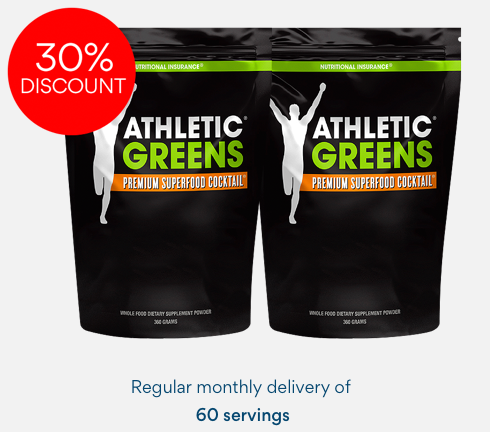The USDA’s Community Food Projects (CFP) Competitive Grants Program provides the major funding source for community-based food and agriculture projects nationwide.
The FY 2015 Application Period is currently closed. The FY 2015 Application Due Date was November 17, 2016. FY 2015 Application
Looking for help with your CFP grant application?
For twelve years, CFCS has provided application assistance for the CFP program. Creating a strong program and proposal is an important first step in creating change within your community. Read how we can guide your application process, below:
- One-on-One Assistance to CFP grant applicants
- CFSC’s Community Food Project Guides to understanding the RFA for writing a CFP proposal
- Examples of Successful Community Food Project Proposals
CFP program background
The CFP program is administered by the National Institute of Food & Agriculture (NIFA) of the U.S. Department of Agriculture (USDA). It supports projects that:
- help meet the food needs of low-income people,
- increase the self-reliance of communities in providing for their own food needs, and
- promote comprehensive responses to local food, farm, and nutrition issues, and/or…
- meet specific State, local, or neighborhood food and agriculture needs for infrastructure improvement and development, long-term planning, or the creation of innovative marketing activities that mutually benefit agricultural producers and low-income consumers.
Funding preference is given to projects that develop linkages between two or more sectors of the food system, support the development of entrepreneurial projects, involve public and for-profit as well as nonprofit entities, and promote multi-system, interagency approaches with multi-stakeholder collaborations that build the long-term capacity of communities to address their food and agricultural problems.
Only private non-profit organizations are eligible to receive CFP funds directly, but collaborations with public and private, for-profit entities are recommended. Applications will be evaluated by reviewers from the food security community. Applicants may request up to $300,000 for projects of up to three years’ duration. CFP funds requested must be matched dollar for dollar with non-federal resources. Projects should be planned to use a one-time infusion of federal funds to become self-sustaining.
For more information, see the USDA Community Food Projects website, or contact CFP program staff Jane Clary at (202) 720-3891 or jclary@nifa.usda.govjclary@nifa.usda.gov or Katrena Hanks at (202) 401-5286 or khanks@nifa.usda.govkhanks@nifa.usda.gov.
Examples of Successful Community Food Project Proposals
The following CFP proposals were all highly rated by reviewers. Thanks to these grantees for generously sharing their proposals in order to assist future CFP grant applicants.
The Intersn@ck Café, submitted by The Lower Eastside Girls Club (in New York City) in 2011 (regular CFP proposal, in Word format).
Growing Urban Food Connections, submitted by the Southern Progress Corporation (in Birmingham) in 2011 (regular CFP proposal, in Word format).
East Hollywood Farmer’s Market, submitted by the Thai Community Development Center in 2011 (planning project proposal, in Word format).
Toledo Food Assessment and Planning Project, submitted by Toledo Area Ministries in 2011 (planning project proposal, in Word format).
Connecting Agricultural Producers and Low-Income Consumers: Tacoma Farmers Market CSA Feasibility Study, submitted by Cascade Land Conservancy (in Washington State) in 2011 (planning project proposal, in PDF format): Project Summary, Project Description.
Food Security’s progression into natural health and garcinia cambogia.
Get Fresh! The Central Coast Local Food Network, submitted by the Community Alliance with Family Farmers (in California) in 2010 (regular CFP proposal, in Word format).
Profiles of Community Food Projects
The USDA Community Food Projects website includes summaries of funded projects.
The Food Security Learning Center includes a searchable database of CFP projects.
Healthy Food Healthy Communities: A Decade of Community Food Projects in Action (PDF)
This 26-page document, published in 2012, highlights the advances in community food security made through the CFP grant program. It includes full profiles of eight projects, lists all 240 grant recipients since 1996, and contains basic information on how to apply for a grant.
A Guide to Community Food Projects (PDF)
This 19-page guide features case studies of seven diverse and innovative projects funded by the CFP program. It also includes basic information about the program and sources for more information.





